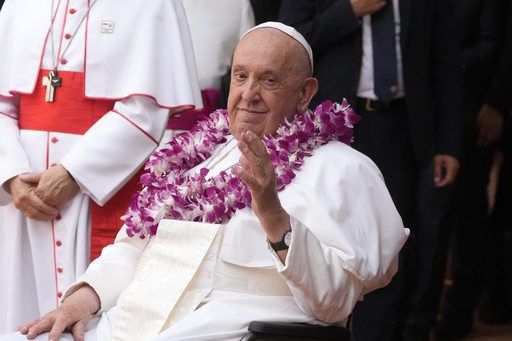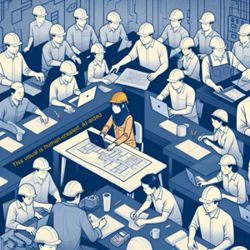
Hong Kong health authorities’ latest move to stop taking nasal swab samples for Covid-19 polymerase chain reaction (PCR) tests may allow more imported cases to enter the community, but does not pose a risk to the local pandemic situation, medical experts have said.
But respiratory medicine expert Dr Leung Chi-chiu on Monday said he found it “problematic” for the city’s government to opt for a less sensitive method when it had been spending a huge amount of resources on PCR testing.
Save 30% for ads-free and full access now!










































